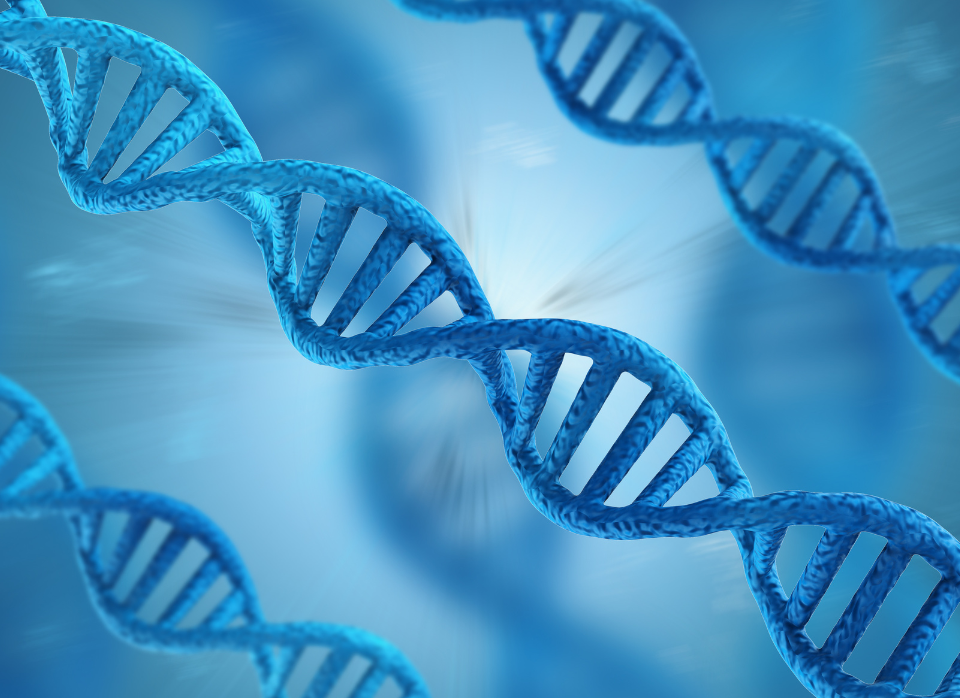
Is Anorexia a Mental Illness? Understanding Its Impact on Mental Health
June 24, 2024
Exploring the Causes of ARFID: Unraveling the Mystery Behind Avoidant/Restrictive Food Intake Disorder
July 2, 2024Anorexia nervosa is a serious eating disorder characterized by extreme food restriction, fear of gaining weight, and a distorted body image. Recognizing the warning signs and symptoms of anorexia is crucial for early intervention and treatment. This blog delves into the physical and psychological symptoms of anorexia nervosa, highlighting gender differences in its presentation.

Anorexia Nervosa Warning Signs and Symptoms
Anorexia nervosa manifests through a combination of physical, behavioral, and emotional symptoms. Being aware of these warning signs can help identify individuals who may be struggling with the disorder.
Physical Symptoms of Anorexia
1. Extreme Weight Loss
- Rapid and significant weight loss, often resulting in being significantly underweight for one’s age, height, and body type.
2. Changes in Appearance
- Emaciated appearance, with protruding bones and a gaunt complexion.
- Thin or brittle hair that may fall out easily.
- Dry, yellowish skin and a soft layer of hair (lanugo) grow on the body to conserve heat.
3. Physical Health Complications
- Fatigue and weakness due to inadequate nutrition.
- Amenorrhea (absence of menstruation) in females due to hormonal imbalances.
- Fainting spells or dizziness are caused by low blood pressure and dehydration.
- Digestive problems such as constipation, bloating, and abdominal pain.
Symptoms of Anorexia in Females
1. Obsessive Preoccupation with Food
- Constantly monitoring food intake, counting calories, and avoiding certain foods perceived as high in calories or fat.
2. Body Image Disturbance
- Intense fear of gaining weight or becoming “fat,” despite being underweight.
- Excessive focus on body shape and size is often accompanied by body dysmorphia.
3. Changes in Eating Habits
- Restrictive eating patterns, such as skipping meals or eating tiny portions.
- Ritualistic behaviors around food, such as cutting food into tiny pieces or eating slowly.
Symptoms of Anorexia in Males
While anorexia nervosa is more commonly associated with females, males can also develop the disorder. However, the symptoms may present differently in males.
1. Muscle Dysmorphia
- Males with anorexia may be preoccupied with achieving a lean and muscular physique, leading to excessive exercise and restrictive eating habits.
2. Obsession with Exercise
- Spending excessive amounts of time exercising to burn calories and lose weight.
- Prioritizing exercise over social activities or other responsibilities.
3. Social Withdrawal
- They withdraw from social interactions due to shame or embarrassment about their body size or eating habits.
Gender Differences in Anorexia Presentation
Anorexia nervosa affects individuals of all genders, but there are notable differences in how the disorder presents in males and females.
1. Body Image Concerns
- Females with anorexia often express concerns about being “fat” or having a larger body, whereas males may be more focused on achieving a lean and muscular physique.
2. Weight Loss Goals
- Females with anorexia may aim for a lower body weight to attain societal ideals of thinness. At the same time, males may strive for a low body fat percentage to achieve a muscular appearance.
3. Emotional Expression
- Females with anorexia may internalize their emotions and exhibit symptoms of depression and anxiety, while males may externalize their distress through behaviors like excessive exercise or aggression.
Seeking Help for Anorexia Nervosa
Recognizing the symptoms of anorexia nervosa is the first step toward seeking help and beginning the journey to recovery. If you or someone you know exhibits signs of anorexia, it’s essential to reach out to a healthcare professional for support and guidance.
1. Medical Evaluation
- A healthcare provider can conduct a thorough physical examination and assess the individual’s nutritional status and overall health.
2. Psychological Assessment
- A mental health professional, such as a psychologist or psychiatrist, can evaluate the individual’s mental health and provide a formal diagnosis of anorexia nervosa.
3. Treatment Options
- Treatment for anorexia nervosa typically involves a combination of medical, nutritional, and psychological interventions.
- Therapy modalities such as Cognitive Behavioral Therapy (CBT), Family-Based Therapy (FBT), Dialectical Behavior Therapy (DBT) and Interpersonal Psychotherapy (IPT) are commonly used to address the underlying causes of the disorder and develop healthy coping mechanisms.
4. Nutritional Support
- Working with a registered dietitian can help individuals establish balanced eating patterns and restore their physical health.
Get Help Today
Recognizing the warning signs and symptoms of anorexia nervosa is essential for early intervention and treatment. While the disorder may present differently in males and females, the physical and psychological consequences can be equally severe. Seeking professional help is crucial for addressing the underlying issues and promoting recovery from anorexia nervosa.
____________________________________________________________________________
Looking for treatment for an eating disorder, anxiety, depression, trauma, or postpartum mood disorder?
Evolve Counseling Services is a specialized team of Licensed Therapists providing treatment in Paoli.



